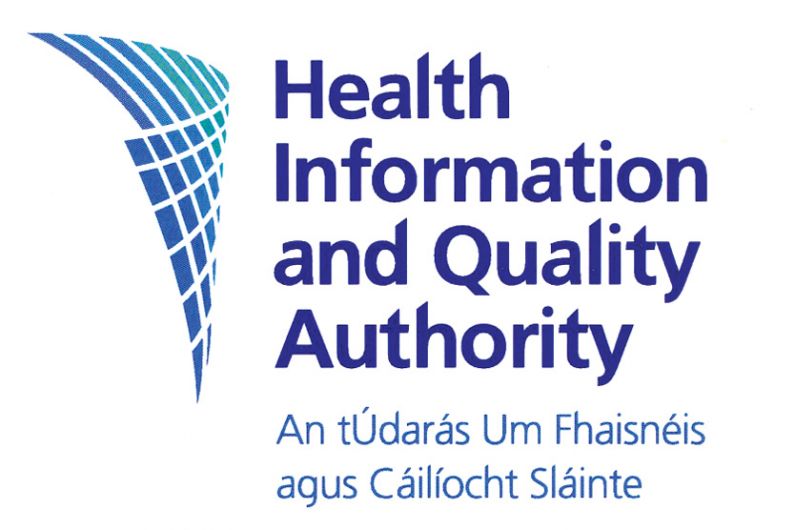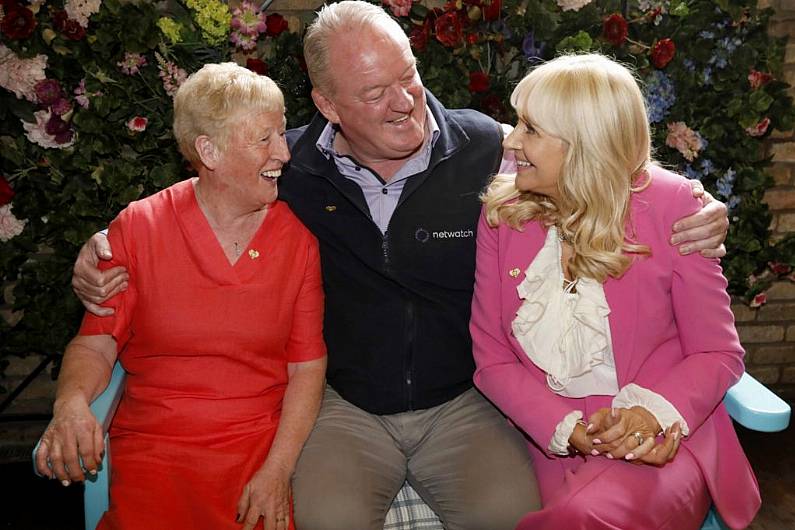West Kerry Community Hospital was found to be non-compliant in three areas during an unannounced HIQA inspection.
The Health Information and Quality Authority visited the designated centre for older people on August 1st.
Ospideal Pobal Chorca Dhuibhne / West Kerry Community Hospital in Dingle is run by the HSE, providing 24-hour nursing care to residents with low to maximum care needs, long-term care, respite, convalescence, and palliative care.
There were 41 residents on the day of the HIQA inspection, and the inspector said residents gave positive feedback about the centre, staff, and care provided.
West Kerry Community Hospital was found to be compliant in seven areas of the Health Act, substantially compliant in nine, and non-compliant in three.
It wasn’t compliant with regards to persons in charge; a person previously in the role had resigned prior to the inspection, and the hospital was actively recruiting.
It was also non-compliant with regards to personal possessions, with residents in twin and multi-occupancy bedrooms not having appropriate personal storage space; the hospital says extra wardrobes are currently being sourced.
Ospideal Pobal Chorca Dhuibhne was also not compliant in relation to the premises' regulation.
The residents’ main dining room was being used by staff, the dining areas weren’t suitably decorated, didn’t have adequate dining tables, and most communal spaces also weren’t decorated in line with a residential care setting.
In response, the hospital says management has ensured residents have access and choice to enjoy their meals in the main dining room, which is being updated, and staff designated dining is separate in an alternative area.
West Kerry Community Hospital was also found to be substantially compliant in nine areas: records, governance and management, end of life, food and nutrition, infection control, fire precautions, medicines and pharmaceutical services, individual assessment and care plan, and residents' rights.
The HIQA inspection found was compliant in seven areas: staffing, training and staff, development, notification of incidents, communication difficulties, visits, temporary absence or discharge of residents, and health care.
The HIQA inspector said the range of daily activities was very limited, and there was no group activity scheduled or observed.
The inspector also observed that doors to clinical rooms such as clean utility and treatment rooms were on the latch, allowing unauthorised access to equipment such as needles, medication, and clinical waste.





